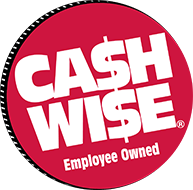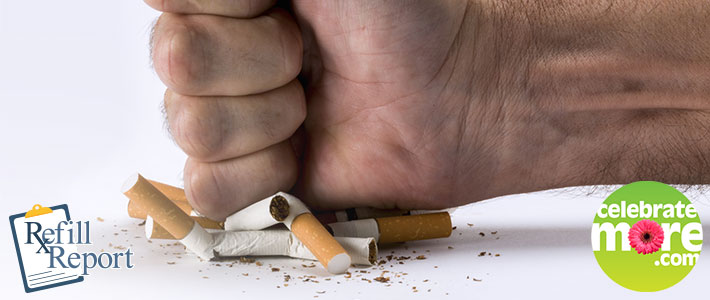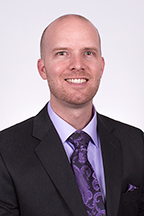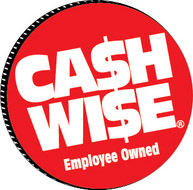Your Pharmacist Can Now Play an Even Bigger Role in Helping You Quit Smoking
Greetings all. We have another guest blogger for you, Courtney Ackerman is a Pharmacy Student from NDSU who is with us for a learning experience. She will share an update to pharmacy practice that will hopefully help many Minnesotans have easy and affordable access to product that help them quit smoking. Take it away Courtney…
Cigarette smoking and tobacco use are the leading causes of preventable deaths and diseases in the United States. According to America’s Health Rankings, the Minnesota Department of Health, and the CDC, smoking is responsible for greater than 480,000 deaths per year in the U.S., with over 6,000 of those deaths being Minnesotans. On average, people who smoke will live 10 years less than nonsmokers.
It takes many people 30 or more attempts to quit before successfully doing so. It is important to understand this and to not become discouraged after a few unsuccessful attempts. A local pharmacist may be a great source of information and aid in a smoker’s attempt to quit. There is health benefit to quitting at any age – yes, even lifelong smokers.
Soon, access to smoking cessation products will be more accessible and potentially less costly to those wishing to quit. Effective August 1, 2020, Minnesota legislation has authorized pharmacists to prescribe nicotine replacement therapy (NRT) medications provided they follow a protocol developed by the Board of Pharmacy, complete appropriate training programs and continuing education, and provide appropriate counseling and information to patients. NRT consists of nicotine patches, lozenges, chewing gum, nasal sprays, and inhalers used as aids to help stop the continuing use of cigarettes or tobacco products.
With this new provision, a pharmacist will be able to write a prescription for any of the above NRT medications, therefore allowing it to be ran through a patient’s prescription insurance. These products have been and are available over the counter but can be costly. With the pharmacist’s ability to now prescribe and apply insurance to NRT products, the associated cost to the patient will likely decrease. Most insurance companies will cover NRT as they see benefit in overall health upon smoking cessation. Also, many federal laws do require most health insurance plans in the U.S. to cover some level of smoking cessation products and treatments. Coverage will be dependent on individualized plans, but again, many do cover the entire cost of NRT due to the health benefits and long-term effects of quitting cigarette or tobacco use.
The pharmacist will be able to provide patients who are looking to quit smoking with proper recommendations concerning product, dosage, and duration. The pharmacist may also be able to provide support to the patient to help overcome any barriers, as nicotine is very addictive and smoking cessation can be a process. Relapse is common, but it is important to never give up. Talk to your local pharmacist today if you are or have ever thought about wanting to quit, they can help set you up for success. Thank you for letting me share this information on the blog!










